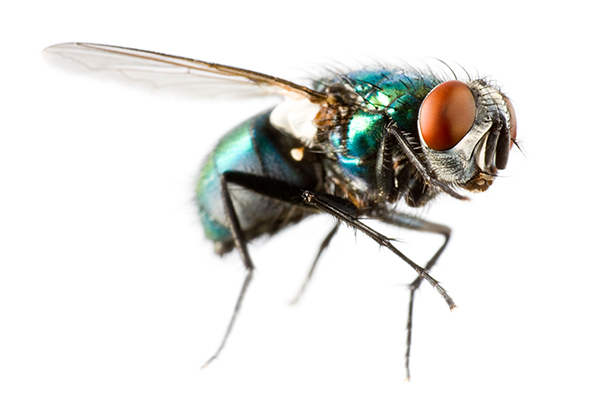
Penn State mechanical engineers will use a $320,000 grant to develop equipment that enables them to study such animal locomotion controls in nature and potentially engineer bio-inspired robots. Credit: iStock/Gewoldi
Researchers earn grant to study real-time animal and robot locomotion
February 6, 2023
By Mary Fetzer
UNIVERSITY PARK, Pa. — A fly or a hummingbird can sustain wing damage, compensate for aerodynamic asymmetries and continue to fly. Two Penn State mechanical engineers will use a $320,000 grant to develop equipment that enables them to study such locomotion controls in nature and potentially engineer bio-inspired robots. The grant is sponsored by the Defense University Research Instrumentation Program and the Air Force Office of Scientific Research.
“Compared to the best robots, animal locomotion is remarkably robust,” said Bo Cheng, Kenneth K. and Olivia J. Kuo Early Career Professor of Mechanical Engineering. “Reverse engineering the animals’ movements may help to us to better understand and eventually replicate what works so well in nature.”
Cheng and fellow researcher Jean-Michel Mongeau, assistant professor of mechanical engineering and principal investigator, aim to develop a state-of-the-art 3D markerless tracking system to study insect and hummingbird flight and the animals’ responses to specific perturbations, such as wing damage or wind gust.
The first phase of the project will consist of assembling the 3D-tracking system for real-time tracking of body position and orientation of animals and robots. In the second phase, the researchers will design a suite of perturbations systems to study the control of insect, bird and robotic fliers.
“We will integrate the perturbation mechanisms with the tracking system to study how animals adapt to perturbations across multiple time scales,” Mongeau said. “These perturbations will be used to reverse engineer the control of the animals and to perform comparative experiments between animals and robots.”
Mongeau’s lab, the Bio-Motion System Laboratory, and Cheng’s lab, the Biological and Robotic Intelligent Fluid Locomotion Laboratory, will collaborate to develop the system.
“This research aligns with our focus on bioinspired systems,” said Mary Frecker, head of the Department of Mechanical Engineering. “It will enhance the research capabilities not only in our department but also across Penn State, as it includes stakeholders in aerospace engineering, electrical and computer engineering, entomology and biology.”



